LFHS students were confronted with the unsettling reality of political violence on Sept. 10 when a video of Charlie Kirk’s assassination, a gruesome shot to the neck, flashed across their screens during a passing period. Reactions among classmates varied: a few fell silent, others replayed the video in an attempt to grasp what they were seeing, and a handful celebrated Kirk’s death––revealing how alarmingly desensitized the world has become to cruelty when politics are involved.
The passing period ended just minutes later, leaving students little time to absorb the graphic video. Hushed conversations filled the hallways as they walked to class, fading into an uneasy quiet once they entered their classrooms. However, in one room, a group of students hadn’t heard the news. When they were told, their reactions were unnerving: some audibly cheered––laughing and smiling––one of them even exclaimed that it was “the best day of their life,” simply because they didn’t agree with Kirk’s political affiliation and the message of his speech.
To see someone rejoice in another person’s death just because they disagreed with his politics is deeply disheartening.
Charlie Kirk, 31, was killed while debating a student at Utah Valley University, the first stop of his “American Comeback Tour.” Utah Governor Spencer Cox called it a “political assassination,” and vowed to find the shooter with the help of the FBI and Utah’s law enforcement.

On Friday, after a 33-hour manhunt, authorities took Kirk’s suspected assassin, 22-year-old Tyler Robinson, into custody around 10 p.m. in St. George, Utah––about 250 miles from the campus where Kirk was killed. Individuals close to Robinson are now assisting in the investigation: his roommate reportedly shared crucial text messages from the day of the shooting with law enforcement, and a relative has spoken out on Robinson’s potential motive, claiming that “he had become more political in recent years, and in particular, lashed out against Kirk’s viewpoints.”
Kirk was a vocal Christian and most widely known for his conservative -political activism, debates with college students, and role as founder and president of Turning Point USA (TPUSA). With over 900 chapters across American high schools and college campuses, TPSUA’s mission is to mobilize students to support a less intrusive government aligned with free market principles, encourage participation in civic activism, and defend constitutional rights.
Beyond his organization, Kirk built a large media platform and gradually gained significant influence over America’s youth. His college campus events consistently drew both critics and supporters; this was built on his idea that young people should be challenged to engage in civil discourse, voice criticism, and openly express their opinions.

Charlie Kirk was not a man who could make laws or directly enforce policies––he held no elected office and commanded no formal authority. His power rested in his freedom of speech and the influence he had on American youth in encouraging open conversation about differing opinions. And yet, he was shot for using his Constitutionally-protected freedom: his words.
Kirk was a young man with a wife and two toddlers. It can be difficult to find sympathy for someone you view as your opposite, but disagreement does not make his death justifiable. To celebrate or excuse it is to condone political violence—and that is a frightening prospect for the future of our nation.
As a society, we have regressed. Politics have returned to the tribal nature of violence. One person who disagreed with Kirk ended his life; now disagreements over his death are fueling further division between political parties and in the media. Those same tensions have reached the LFHS community, where social media posts and contrasting opinions are straining relationships among students.
History continues to repeat itself when free speech is silenced with bullets. Political violence has long been a part of America’s story.
On June 14, two longtime members of Minnesota’s state legislature were shot in their homes: Democratic State Representative Melissa Hortman and her husband, Mark Hortman, were killed along with their dog by a man who posed as a police officer. Democratic State Senator John Hoffman and his wife, Yvette Hoffman, were shot and wounded by that same man. According to the U.S. Department of Justice, the attacker carefully calculated these assaults to inflict fear among Minnesota’s elected officials, and he had a list of other Democratic lawmakers to potentially target.
These most recent political assassinations showcase that political violence does not stop at party lines; it is Republicans and Democrats alike who are under attack, and these threats have been increasing in recent years. The loss of private citizens and politicians from both sides of the political spectrum should not be needed to understand that political violence is a threat that transcends partisan lines.
When violence replaces dialogue, democracy dies. In these fearful moments of national division, civil discourse is needed now more than ever.

Senior Gavin Gramza, who met Kirk in 2024, reflected on Kirk’s belief in the significance of teaching younger generations to engage in respectful debate.
“Charlie knew the importance of reaching the youth, knowing that our generation will be the one shaping our nation’s future for decades to come. Civil discourse, no matter your stance, is the path forward, and without it, we risk continuing to hurt our fellow Americans,” Gramza said. “Charlie embodied the belief that we can disagree without division, and that lesson is one that will be remembered for an eternity.”
Our nation needs diverse perspectives, because without them, ideas cannot be exchanged to foster growth. While many students expressed fear and frustration over recent instances of political violence, others also questioned what it means for the future of debate. For junior Debate Team member Sarah Mulani, the issue extends beyond safety––to whether freedom of expression can, or will, endure.
“Political violence is one hundred percent a threat to our own personal freedom of speech. Our country was built on debate, and the First Amendment was put into place so that everyone would have the ability to express their opinions. We should be able to embrace differences in beliefs,” Mulani said. “I think the best way to protect freedom of speech in schools is by creating safe spaces––such as the Debate Team and Model UN––where all voices are heard and valued; this allows students to share political ideas while learning to engage respectfully and peacefully.”
However, even in public settings, no one should feel afraid to express their political views when engaging in civil discourse with another human being.
In a time that unity seems out of reach, our country needs it now more than ever. We may not agree on political issues, but we must agree on this: violence is never the answer. If we cannot uphold both the freedom to disagree and the value of human life, we put at risk not only our First Amendment rights but democracy itself.
Questioned by a college student about his goal to get the youth involved in civic engagement, Kirk once said, “When people stop talking, really bad stuff starts… What we as a culture have to get back to is being able to have reasonable disagreement where violence is not an option.”




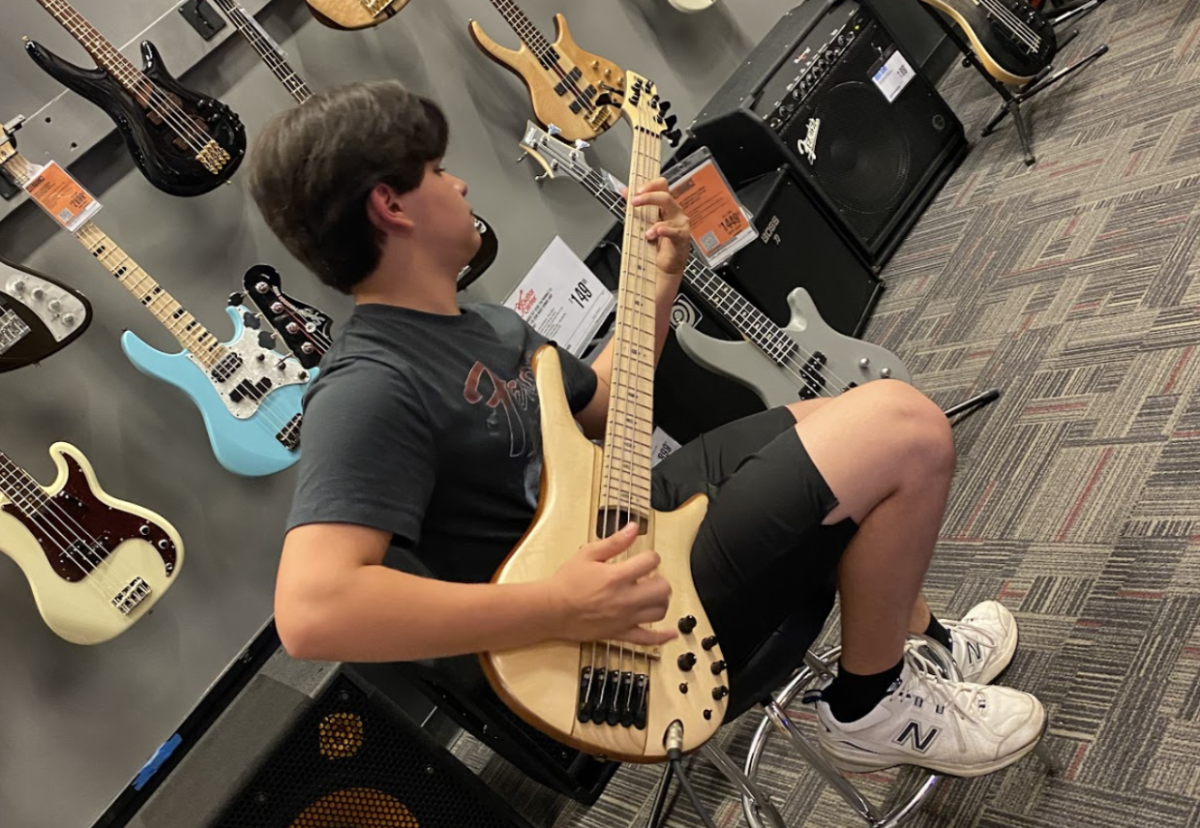
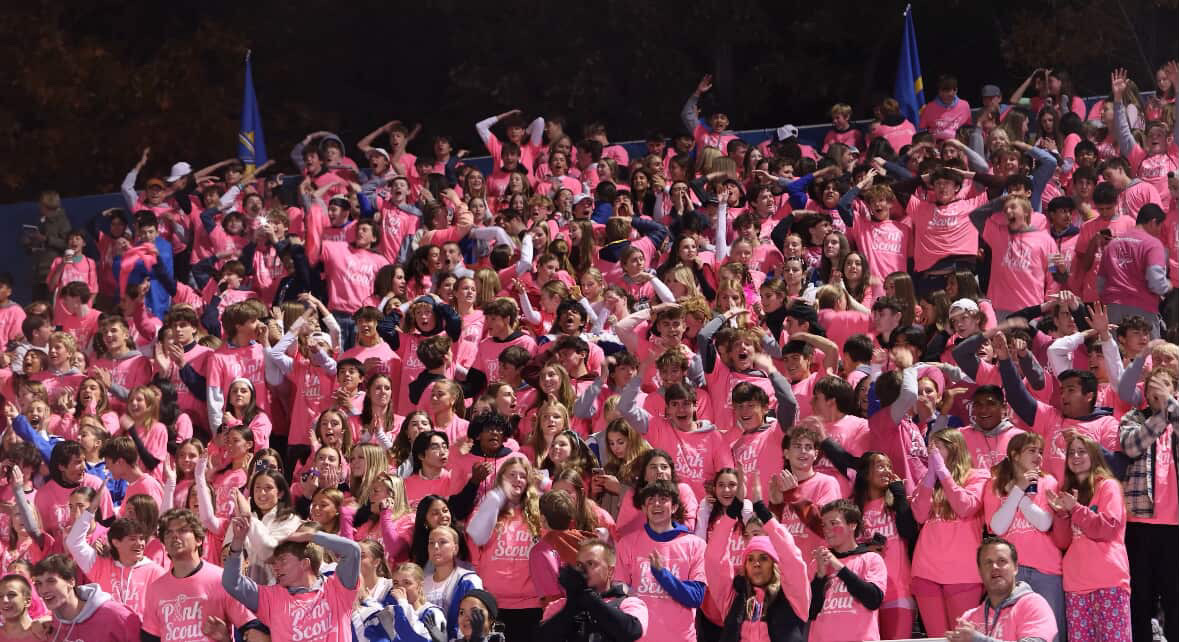

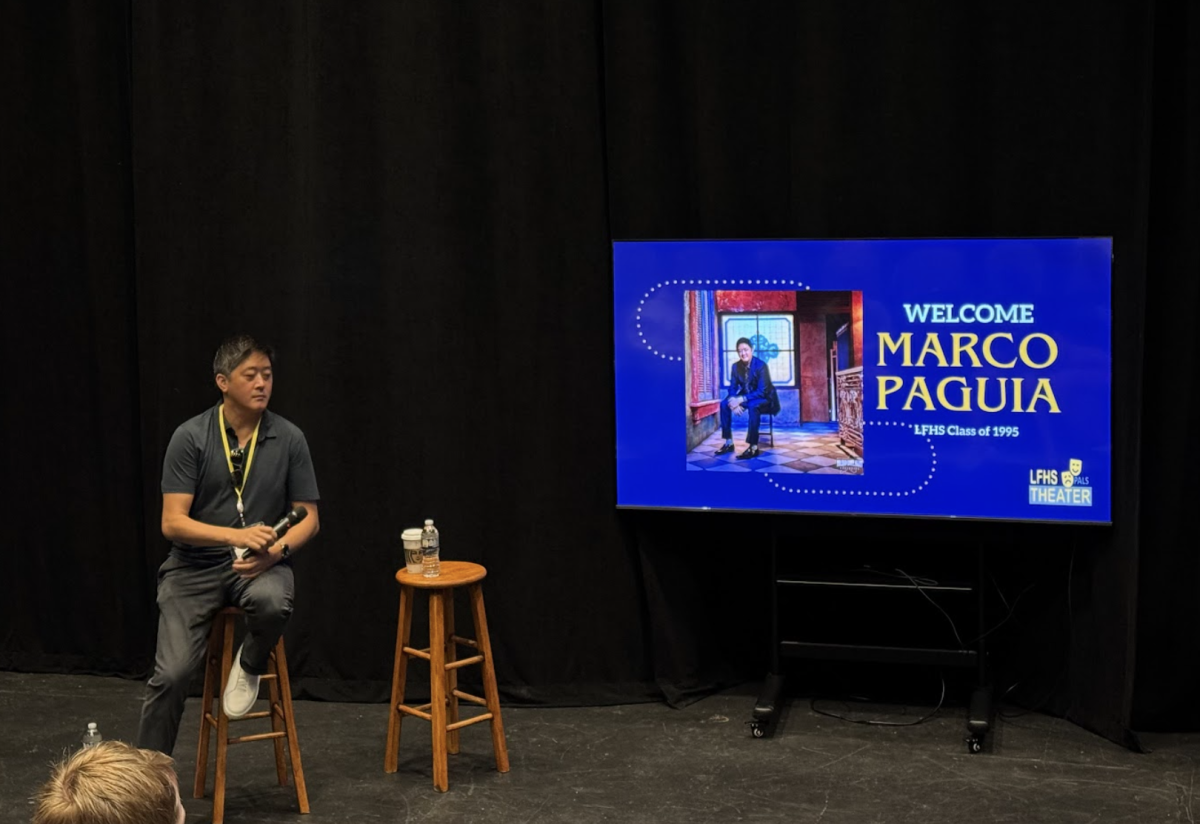
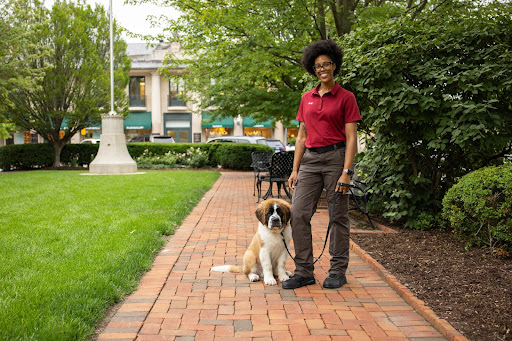

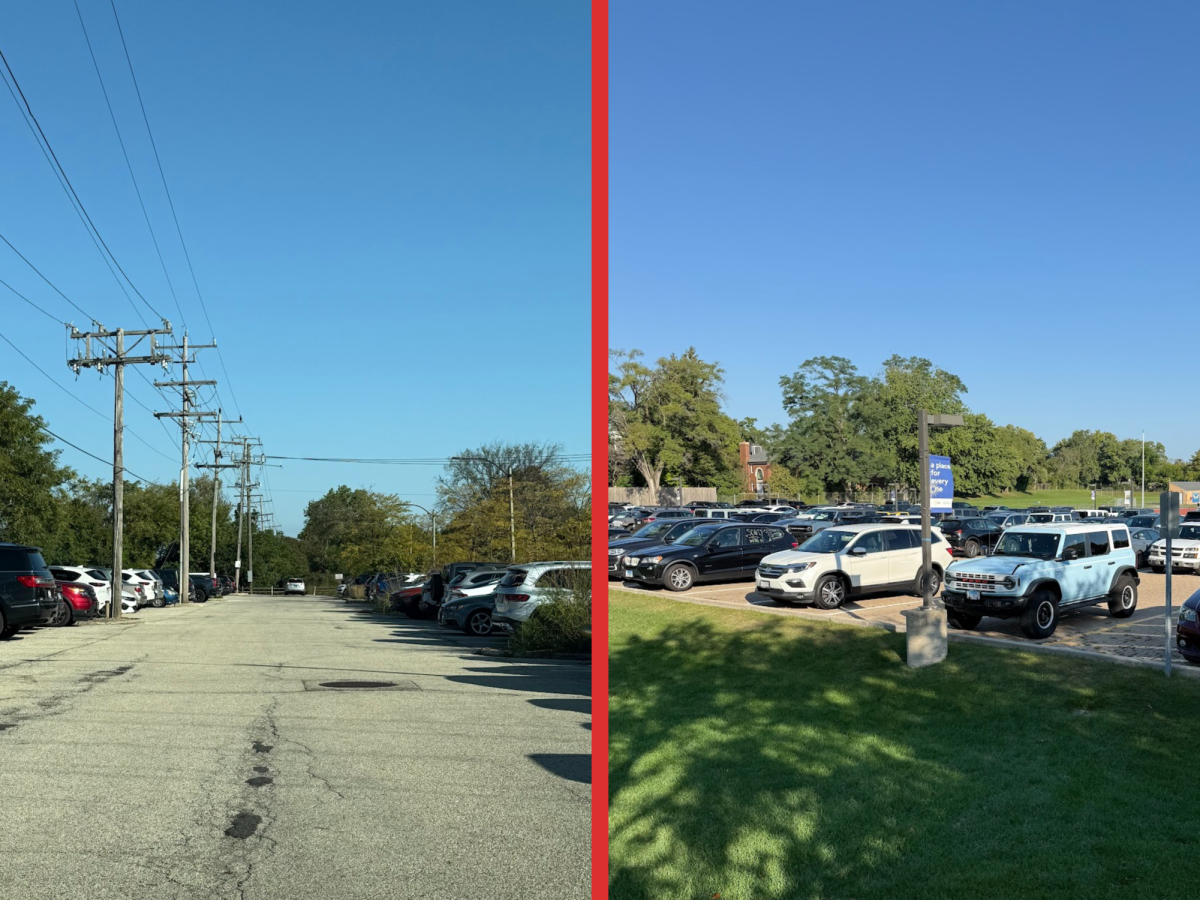


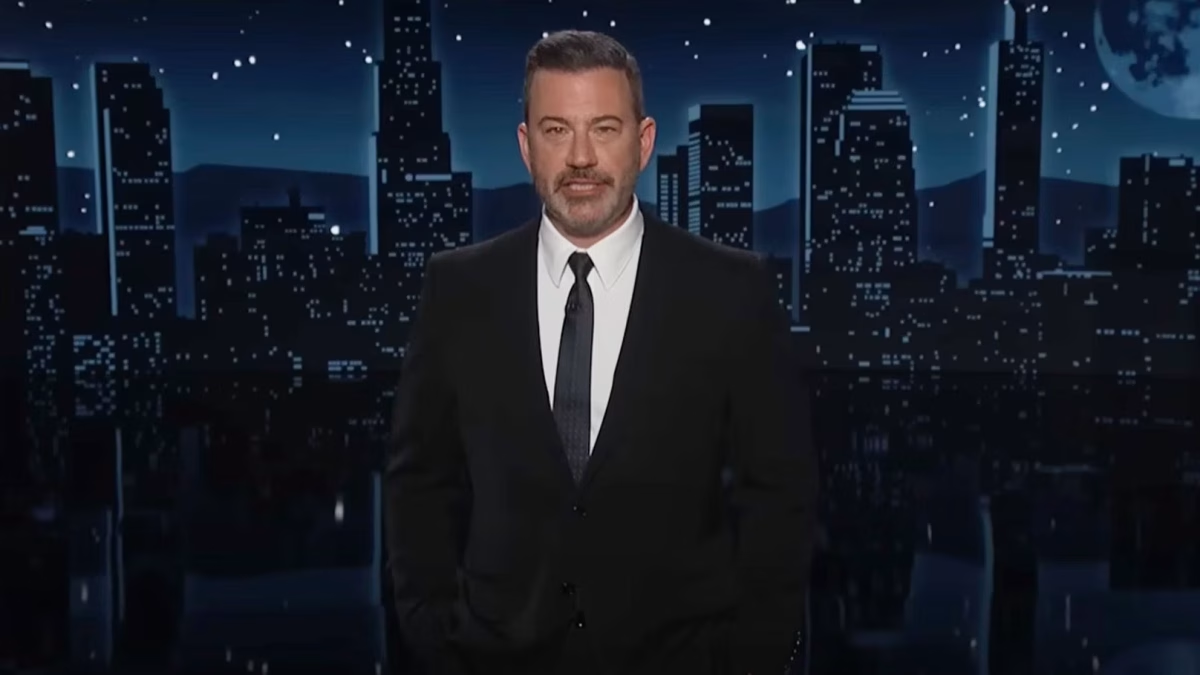

nope • Sep 24, 2025 at 10:58 am
civil-rights watchdogs and several reporters have documented how Turning Point USA — the organization Charlie Kirk founded and led — has repeatedly trafficked in rhetoric and tactics that critics say normalize or enable white-supremacist ideas (for example, the Southern Poverty Law Center’s case study and other investigative reporting on TPUSA’s messaging and campus tactics). Independent outlets have also highlighted repeated clashes between Kirk and explicitly white-nationalist figures (showing that the relationship is complicated, not simply one of endorsement), while watchdogs and fact-checks have cataloged Kirk’s patterns of racialized rhetoric on issues such as immigration and affirmative action that critics say disproportionately advantage white audiences. Finally, the article’s claim that criticism of Kirk is merely “privilege-based” ignores documented reporting and organizational findings about TPUSA’s messaging and the way it has been used in broader white-supremacist recruitment and narratives — so a responsible rebuttal should cite those reports rather than dismiss concerns as simple resentment.
no • Sep 24, 2025 at 10:56 am
Articles defending Charlie Kirk miss the point — it isn’t his critics who are “privileged.” It’s his defenders, whose privilege shields them from seeing how TPUSA’s racialized rhetoric fuels inequality. Privilege protects them, not the people he targets.
Alyssa Sinclait • Sep 19, 2025 at 4:35 pm
Beautifully written ladies! May Charlie Kirk’s memory be eternal 🙏🏻
John • Sep 19, 2025 at 12:22 pm
“I think it’s worth to have a cost of unfortunately some gun deaths every single year so that we can have the 2nd Amendment. That is a prudent deal.” -Charlie Kirk.
Anonymous • Sep 20, 2025 at 1:03 pm
If you want to know the truth, do your research, don’t depend on a sentence or two to judge what someone was saying and who they were.
For example, here’s the full quote about guns:
“Yeah, it’s a great question. Thank you. So, I’m a big Second Amendment fan but I think most politicians are cowards when it comes to defending why we have a Second Amendment. This is why I would not be a good politician, or maybe I would, I don’t know, because I actually speak my mind.
The Second Amendment is not about hunting. I love hunting. The Second Amendment is not even about personal defense. That is important. The Second Amendment is there, God forbid, so that you can defend yourself against a tyrannical government. And if that talk scares you — “wow, that’s radical, Charlie, I don’t know about that” — well then, you have not really read any of the literature of our Founding Fathers. Number two, you’ve not read any 20th-century history. You’re just living in Narnia. By the way, if you’re actually living in Narnia, you would be wiser than wherever you’re living, because C.S. Lewis was really smart. So I don’t know what alternative universe you’re living in. You just don’t want to face reality that governments tend to get tyrannical and that if people need an ability to protect themselves and their communities and their families.
Now, we must also be real. We must be honest with the population. Having an armed citizenry comes with a price, and that is part of liberty. Driving comes with a price. 50,000 people die on the road every year. That’s a price. You get rid of driving, you’d have 50,000 less auto fatalities. But we have decided that the benefit of driving — speed, accessibility, mobility, having products, services — is worth the cost of 50,000 people dying on the road. So we need to be very clear that you’re not going to get gun deaths to zero. It will not happen. You could significantly reduce them through having more fathers in the home, by having more armed guards in front of schools. We should have a honest and clear reductionist view of gun violence, but we should not have a utopian one.
You will never live in a society when you have an armed citizenry and you won’t have a single gun death. That is nonsense. It’s drivel. But I am, I, I — I think it’s worth it. I think it’s worth to have a cost of, unfortunately, some gun deaths every single year so that we can have the Second Amendment to protect our other God-given rights. That is a prudent deal. It is rational. Nobody talks like this. They live in a complete alternate universe.
So then, how do you reduce? Very simple. People say, oh, Charlie, how do you stop school shootings? I don’t know. How did we stop shootings at baseball games? Because we have armed guards outside of baseball games. That’s why. How did we stop all the shootings at airports? We have armed guards outside of airports. How do we stop all the shootings at banks? We have armed guards outside of banks. How did we stop all the shootings at gun shows? Notice there’s not a lot of mass shootings at gun shows, there’s all these guns. Because everyone’s armed. If our money and our sporting events and our airplanes have armed guards, why don’t our children?”
no no • Sep 24, 2025 at 10:51 am
This is terrible
Isabella • Sep 18, 2025 at 4:05 pm
Proud of the editors for this take! Proud of my Alma mater! Never fall victim to group think— it is a defect of the heart to feel joy in response to horrific death. RIP Charlie, the kids are all right <3
Lyla Carney • Sep 18, 2025 at 3:57 pm
I was eagerly anticipating how TFS would approach covering this event… Great job Anna and Evelyn! This is a difficult topic to take on, but you two turned it into a thoughtful and engaging column. I was actually thinking about what it would’ve been like to hear this news in the hallways at LFHS, so thank you for adding that perspective in the intro. Keep it up, TFS!!!! (miss you all!)
Camille Brincat • Sep 18, 2025 at 12:14 pm
Well written- thank you for covering such an important topic! Rest in peace Charlie.
Sophia Brincat • Sep 18, 2025 at 9:29 am
Such an amazing article, you guys! RIP Charlie!
Shea Milliman • Sep 18, 2025 at 9:19 am
So good you two! Amazing job!!
Elizabeth Grace • Sep 17, 2025 at 8:01 pm
So incredible and so well done!!! You two rocked this
Joanna Marshall • Sep 17, 2025 at 7:27 pm
Amen. 🙏 RIP Charlie Kirk. Beautiful story!